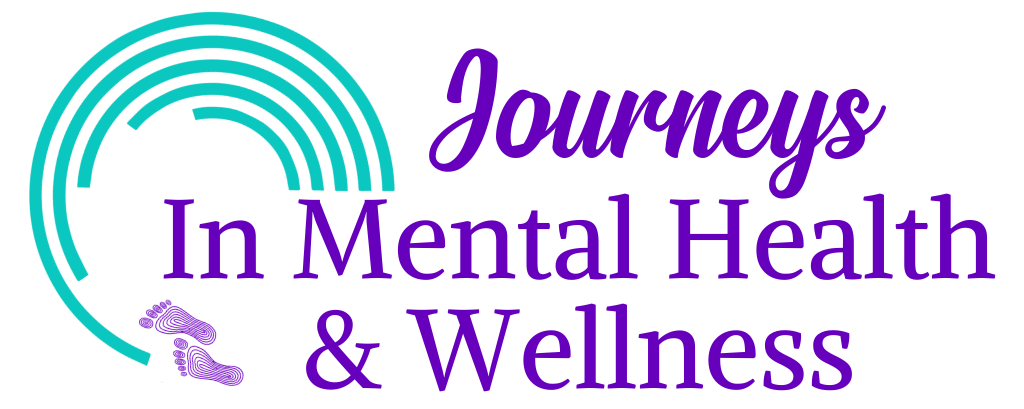
Myth: “ADD is overdiagnosed.”
Fact: ADD/ADHD is actually underdiagnosed, according to recent studies. Found in the Journal of the American Academy of Child & Adolescent Psychiatry, Richard D. Todd, Ph.D., M.D., reports initial results from twin-based population studies; suggesting that ADHD is under-diagnosed and has diverse, genetically heterogeneous mechanisms of comorbidity.

Myth: “Bad parenting is responsible for ADHD.”
Fact: Poor parenting is not behind ADHD. Research consistently shows that ADHD runs in families which could account for this perception. Recent data published in Pediatric Annals shows that a child of a person with ADHD has a 25 percent chance of having ADHD, themselves. There is also evidence that ADHD persisting into adulthood is more highly genetic than ADHD that diminishes in childhood Recent studies have concluded that heredity accounts for the bulk of children’s ADHD-like behavior.

Myth: “ADHD affects males more than females.”
Fact: The male-to-female ratio is 4:1, as women are often underdiagnosed. About as many adult women seek care for ADHD as adult men. Women may show ADHD symptoms in children in less obvious ways such as talking rapidly or excessively.

Myth: “He can focus on video games for hours. He can’t have ADHD.”
Fact: Individuals with ADHD often appear to be hyper-focused. They focus on one thing and ignore all else around them. This can be confusing to parents and those who know someone with ADHD

Myth: “ADHD is not a medical condition.”
Fact: ADHD is a medical condition that is associated with chemical differences in the brain. Leading medical authorities and institutions, including the United States, officially recognize it.
